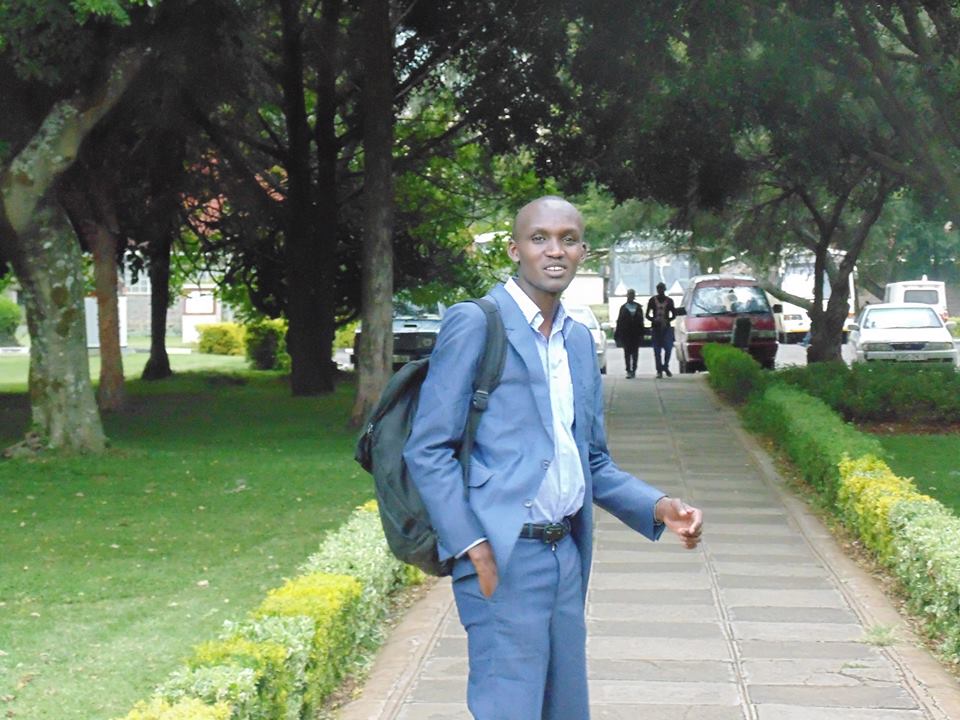Recent economic history suggests that Kenya has made quite substantial leaps forward. Well that history goes back to the year 2002 with the presidency of Mwai Kibaki. Within a 10-year period economic growth has tripled, has come off the clutches of anaemic growth that characterized the doldrum years of the Moi adminstration. Within that 10-year period Kenya had massive infrastructural Developments, the KSHs 30 Billion Thika Super Highway was been built. Rail infrastructure was expanded and is being expanded. We have a new integrated infrastructure project, with ports, roads and rail project. To cap it all, the icing on the cake has been the discovery of oil reserves in the rather dry areas around Turkana.
Peculiarly though, massive infrastructural and modest economic growth has not been accompanied in tandem by the reductions in; poverty, cost of living and unemployment. Quite peculiar, one would say because at the heart of any endeavour to grow the economy should be to address the underlying issues of; unemployment, inflation and bring about a considerable decrease in unemployment.
It is rather perplexing that for a decade of economic growth the inflation has risen by 70% over the same period. Most Kenyans are wondering whether this fabled economic growth is the stuff they only read in papers, because certainly the level of destitution has gone up.
Where has this economic growth been happening? The Swahili have a saying, ‘Aisifuye mvua imemnyea’, quite literary meaning that he who praises the rain has been blessed by it. It has to be said that a lot of cheerleading on Kenya’s economic growth has been coming from closed quota of cronies who have directly benefited from the public infrastructure boom.
There is flawed logic in the notion that gargantuan public financed infrastructure development translates into real income growth. For example the KSH 1 Trillion rail expansion project will not translate into real reductions in poverty any time soon. Well it will translate into a few corporatist cronies adding a few million dollars into their personal accounts. That is why they are duking it up in court and in the media fighting vehemently to have their dirty hands into the public pot.
The object of this article though is not to deride public infrastructure projects. That will be an undertaking for another day, particularly because the rot that characterizes such projects requires more than elucidation. The object of this article revolves around the most foolproof way of reducing; poverty, unemployment and the underlying inequality that the two economic and social conditions perpetuate. Is there any joy in news that the sovereign Kenyan state is investing a few quid in a project that is supposed to blast of a few scientists into space? Well I guess not.
The problem with public infrastructure projects is mainly an issue of utility, over time state adminstration have acquired the quite unnerving knacky habit of defining the people’s needs and hence their development aspirations. Bridges are built over dry riverbeds whereas finding new sources of water would have been more fruitful undertakings.
Today’s Africa is engaging in gargantuan infrastructural projects, the new master port in Bagamoyo Tanzania, the Renaissance Dam in Ethiopia and tens if not hundreds of other infrastructural projects across the African continent. This development thinking and model being fronted by today’s Africa has a fatal flaw, that infrastructure alone can be a silver bullet for all of African problems. This kind of development thinking relegates people to the periphery of economic development and not at the axis. The governments sign multi-billion concessions and sign-up into aid and foreign debts and somehow think that this will translate into real reductions in poverty. The converse is true, most Africans can see the development so talked about but they cannot feel it, it has simply not touched them and they have sooner rather than later come to realize that the so called ‘trickle down’ is another pacification gimmick by their governments. Infrastructure should not lead development it should ensue from it. But knowledge and prioritization come thin on this continent.
The surest way of poverty reduction and ‘real economic growth’ is not by coercing them out of poverty. It is by providing conditions necessary for individuals and to move themselves out of poverty. People can move out of poverty if they are allowed to, if there is the de-politicization of poverty, if politicians stop using the destitution of the people as a tool for political propagation.
People can move out of absolute and relative poverty if governments allow enough room for upward mobility. A reduction in taxes, a shift towards honest governance, and equity before the law will lead to the small fish, the big fish and the fingerlings to duke it out in the market. After all the market has something for all fish.



